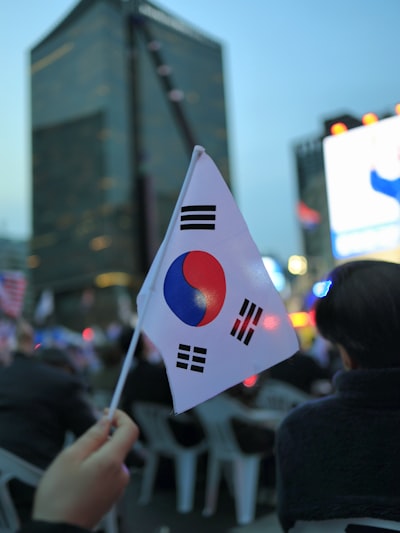Understanding the Latest Vice-Ministerial Appointments in South Korea
The South Korean government made headlines with the announcement of five vice-minister level appointments, including Lee Jin-su at the Ministry of Justice and Ryu Jae-myung at the Ministry of Science and ICT (source). These leadership changes often spark public curiosity: how will new vice-ministers shape policy, and what implications do these shifts hold for the country’s future?
Why Are Vice-Minister Appointments Significant in South Korea?
Vice-ministers, or '차관' (Chagwan), are crucial figures in South Korea’s government. They serve as second-in-command within ministries and often drive day-to-day policy execution. Given their influence, appointments attract attention for their:
- Impact on ministry agendas
- Influence on legislative and regulatory direction
- Role in responding to major national issues
Key Trends: Leadership Changes and Policy Shifts
1. Justice Ministry: Potential Reforms Ahead
Lee Jin-su’s background and track record signal possible shifts in the Ministry of Justice’s priorities. The ministry is central to legal reforms, anti-corruption efforts, and high-profile prosecutions. Frequent searches include:
- "South Korea justice reform 2024"
- "Lee Jin-su policy stance"
2. Science and ICT: Boosting Technology and Innovation
Ryu Jae-myung takes the reins at the Ministry of Science and ICT at a time when South Korea is pushing 5G, AI, and semiconductor leadership. Expect a focus on:
- Digital transformation initiatives
- National R&D investment
- Strengthening cybersecurity
Related queries:
- "South Korea digital strategy 2024"
- "ICT policy changes in Korea"
Emerging Issues: Public Debate and Policy Direction
With each new appointment, the public—and especially the business and tech sectors—wonders:
- Will there be changes in prosecution policy or legal reform?
- How will science and technology funding shift?
- What do new appointees’ backgrounds say about national priorities?
How Vice-Ministers Shape South Korea’s Future
It’s common to compare past and current vice-ministers to forecast the evolution of key sectors. Some common comparison points include:
- Leadership style and administrative transparency
- Track records on reform and innovation
- Responses to past crises (e.g., digital security breaches, legal controversies)
Frequently Asked Questions
Q1: How are vice-ministers chosen in South Korea? A: They are appointed by the President, usually on the recommendation of the Prime Minister, considering expertise, experience, and political balance.
Q2: How quickly do new appointments influence policy? A: While significant changes can be swift, major reforms require bureaucratic consensus and sometimes legislative support.
Q3: Where can I find updates on South Korean government appointments? A: Major news outlets like Yonhap, Hankyoreh, and The Korea Herald regularly publish such updates.
Key Takeaways
- The South Korean government’s vice-minister appointments are closely tied to evolving national policy.
- Watch for legal reforms in the Ministry of Justice and technological innovation from the Ministry of Science and ICT.
- Understanding the backgrounds and priorities of new appointees helps forecast how policies may shift in 2024 and beyond.
Stay informed to see how these leadership changes might affect areas from digital innovation to public law reform, and why they matter for both domestic and international observers.

Comments
No comments yet. Be the first to comment!